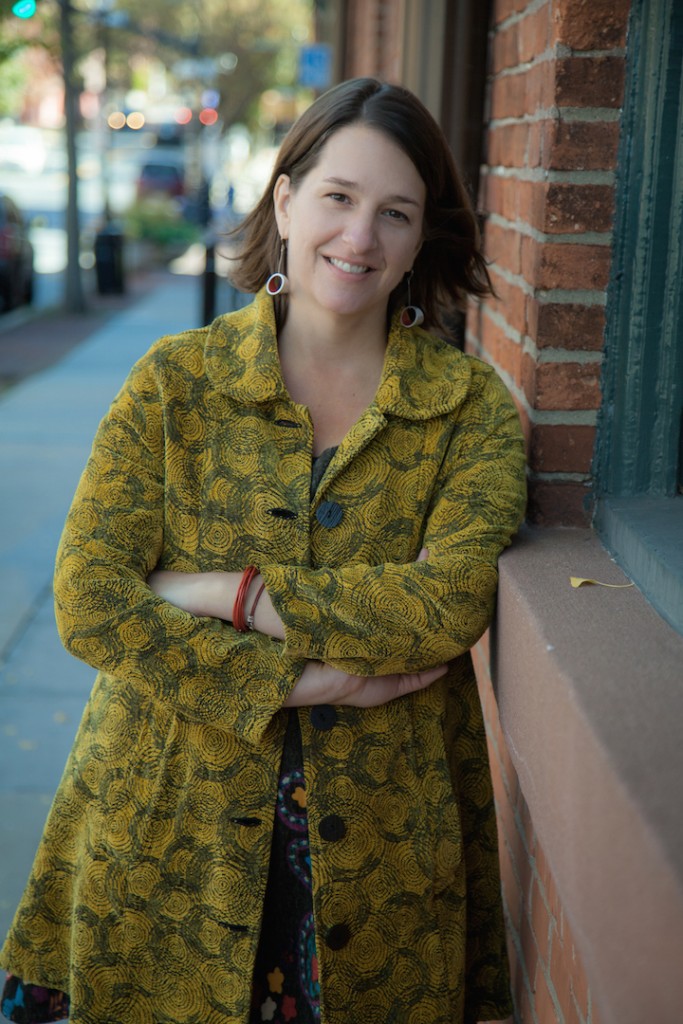 Before joining Bard’s second class of MBA students, Jessica King had an already accomplished career in community economic development. In addition to her work cultivating future generations of community leaders by serving as an executive director for a service-learning program in Pittsburgh, PA, King also founded The Union Project in 2001, a social enterprise organization.
Before joining Bard’s second class of MBA students, Jessica King had an already accomplished career in community economic development. In addition to her work cultivating future generations of community leaders by serving as an executive director for a service-learning program in Pittsburgh, PA, King also founded The Union Project in 2001, a social enterprise organization.
After 15 years in the field, King was looking for a program that would allow her to stretch the bounds of conventional community development. “I was really interested in becoming more business-minded,” said King. “I was referred to the Bard MBA in Sustainability program because of its integrative, bottom-up approach to business administration. I was able to apply what I was learning in the program directly to my work.”
Bard MBA’s curriculum is specifically tailored to apply classroom knowledge to current industry challenges and its low-residency structure allows its students the flexibility to maintain a career while earning their degree. “While at Bard I was really thankful for the flexibility that allowed me to focus. I was motivated by the stimulation of the innovative classwork and faculty. It’s a very forward-thinking, exciting place to learn.”
King centered her capstone project on alternative finance for social enterprise with the ambition to transform communities through business. King’s project utilized low interest rate loans and flexible terms to invest in a job-creating social enterprises. Her research had a real-life application in a social venture investment in The Lancaster Food Company through ASSETS, the nonprofit organization King directs. This bakery supplies Whole Foods and co-ops from D.C. to New York with baked goods, but more importantly, they create jobs for low-income individuals. The impact generated by alternative finance investments is the focus of King’s work, even after her capstone project. As the Executive Director at ASSETS, she continues to implement alternative finance strategies to grow economic opportunities and cultivate entrepreneurial leadership to alleviate poverty in central Pennsylvania.
ASSETS also uses a microlending concept they call Lending Circles to build credit and peer-to-peer economic support in the community. Lending Circles provide capital to entrepreneurs with challenged credit or limited collateral. Each member of the Lending Circle signs a group guarantee – which means the group is responsible if a member defaults on their loans. The fixed 9% interest rates are low, and the members receive valuable peer support and advice. King has already started to see revitalization in the community. “We’re starting to see traction and a growing awareness about the realities of poverty. There is support and collaboration behind this kind of work now that is very exciting,” said King. “It’s both rewarding and challenging to address economic resiliency and sustainability in the community. Going forward we also need the community gain a deeper understanding of the power each person has as a consumer by influencing what kind of businesses succeed. There is a great deal of individual choice that can be exercised that contributes to social, environmental, and economic change.”
